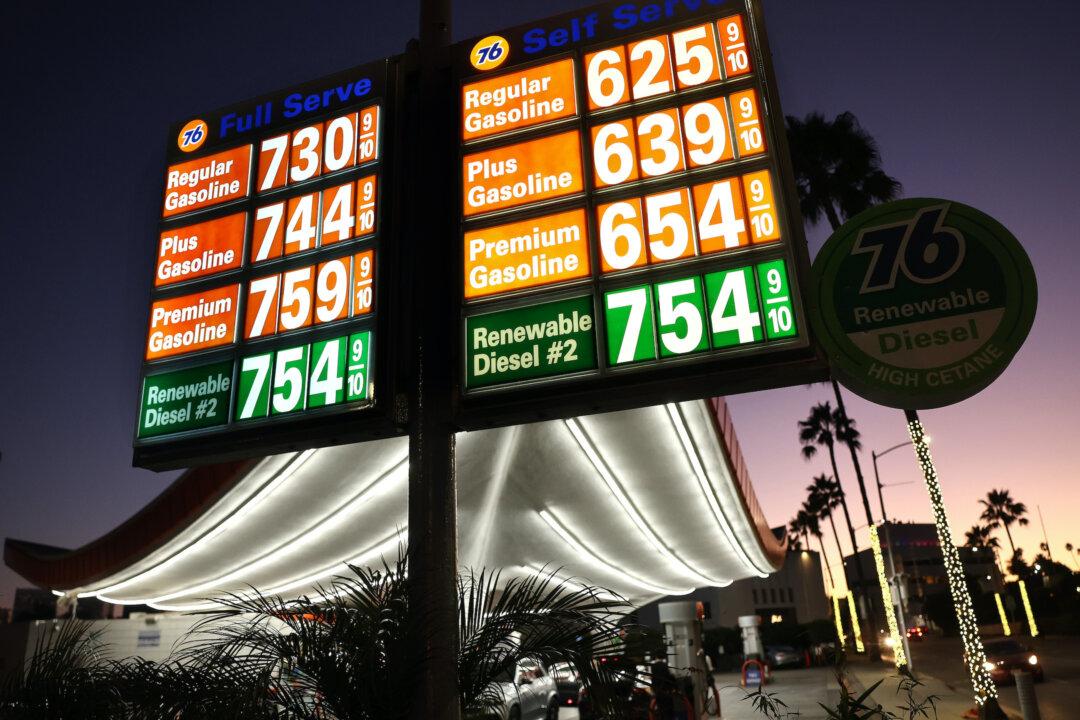California’s administrator tasked with taking on big oil by overseeing the state’s newly created Petroleum Market Oversight division has found market fluctuations and refinery issues are behind a recent spike in gas prices.
In the division’s first update to Gov. Gavin Newsom, Director Tai Milder reported gas prices have steadily increased in California over the past several weeks after a period of stability that ended Aug. 1.





